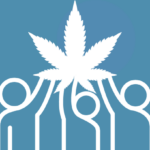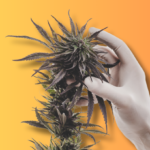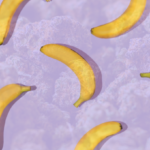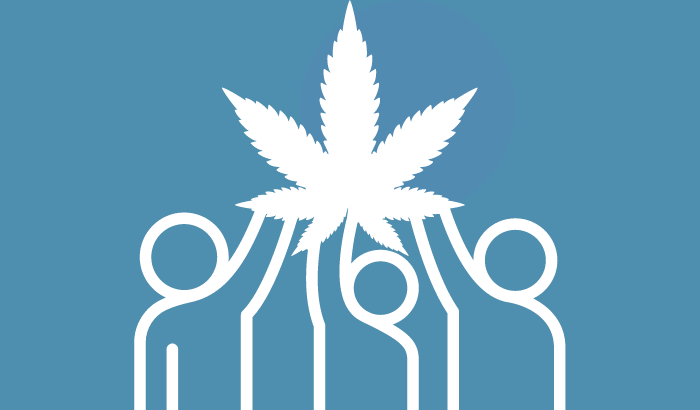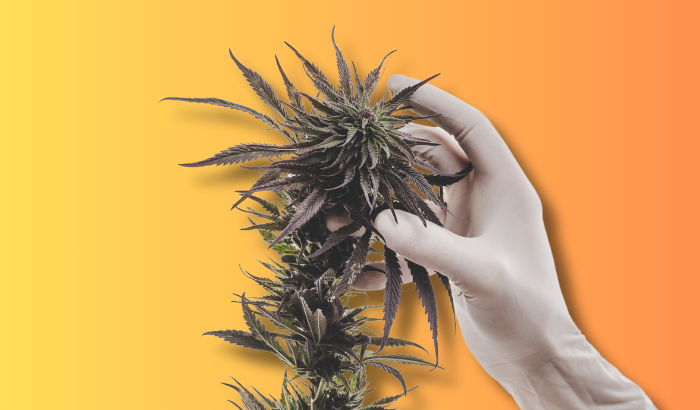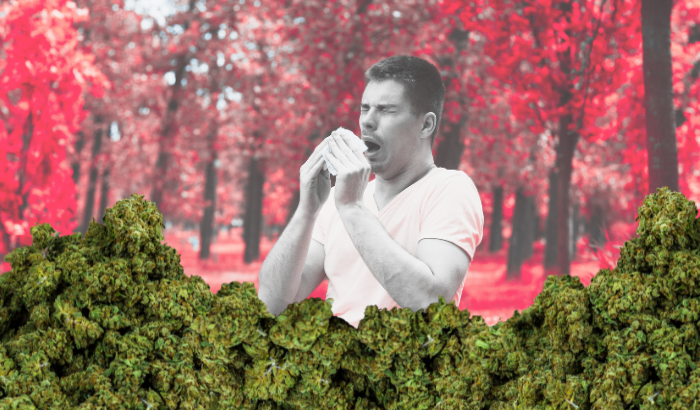
It’s part of being allergic to all fruits and vegetables. No, really, I’m serious
I’m in a few online support groups for people with Oral Allergy Syndrome, and approximately half of what we whine about is how people often refuse to believe us.
What do you mean you can’t eat fruits and vegetables?
How about watermelon?
You can at least eat oranges, right? Who the hell can’t eat a goddamn orange?
I’m pretty sure my general practitioner even rolled her eyes one time when I mentioned OAS. People aren’t always being mean in their emphatic disbelief; it’s just completely shocking to some folks, like telling an ordinary person that you dislike malls or pro sports. But it’s true. And there are tens of thousands of others like me out there who will back me up (as long as there is no apple bobbing or blueberry tart-throwing involved).
Since cannabis is just the latest add-on to my allergy, I have to backtrack some to fully explain my beef with healthy foods. Or rather here is an abridged description via the American College of Allergy, Asthma, & Immunology that perfectly sums up my relationship with sustenance over the past two decades since college:
Pollen Food Allergy Syndrome (PFAS), also known as oral allergy syndrome, is caused by cross-reacting allergens found in both pollen and raw fruits, vegetables, or some tree nuts. The immune system recognizes the pollen and similar proteins in the food and directs an allergic response to it.
People affected by PFAS can usually eat the same fruits or vegetables in cooked form because the proteins are distorted during the heating process, and the immune system no longer recognizes the food.
And notably, “PFAS typically does not appear in young children. The arrival is more common in older children, teens and young adults who have been eating the fruits or vegetables in question for years without any problems.”
Check, check, and check. From apples to carrots to melons to sunflower seeds. As for symptoms: “itchy mouth, scratchy throat, or swelling of the lips, mouth, tongue, and throat.” More checks. Plus there’s the whole part of having people mock you. But on the plus side, as I tell those who actually express concern about my condition, “It is rare that a patient would develop symptoms away from the mouth, or anaphylaxis from this, although it has been reported in a very small percentage of patients.”
Thankfully for me, the worst part isn’t dying, but rather dying to eat some of my favorite fruits from growing up. The last great food love that I lost was watermelon about five years ago.
And then about three-and-a-half years ago, right around the time that I turned 40, funny things started to happen when I touched actual cannabis flower. First, my hands began to blow up into Mickey Mouse gloves. My mitts were visibly inflamed but easy to ignore since it disappeared soon after rolling—until the sneezing started. And then the scratchy throat, and so on.
I don’t recall connecting the dots right away, probably because I had been rolling joints for decades with no issue. I also hadn’t experienced too much discomfort since I was primarily dabbing concentrates around that time, and again, “People affected by PFAS can usually eat the same fruits or vegetables in cooked form because the proteins are distorted during the heating process.” But eventually, I came to realize what researchers at Allergic Living learned from their survey of experts on these intersecting itches:
Marijuana allergy may also trigger oral allergy syndrome (OAS), also known as pollen-food syndrome. In OAS, people who have environmental allergies to pollen … may also get symptoms when they eat certain raw fruits and vegetables. The same is true for the Cannabis sativa pollen.
Interestingly, the cannabinoids aren’t the culprit: “Neither THC nor CBD contains protein, and therefore they aren’t the cause of … allergic reactions … It is proteins found in the leaves, buds, flowers and seeds of the plant that trigger allergic reactions to cannabis.”
The Journal of Allergy and Clinical Immunology studied the phenomenon as early as 2011, explaining: “The ‘cannabis-fruits/vegetables’ syndrome is said to involve a protein labeled Can s 3 [and] is caused by a lipid transfer protein (LTP) in Cannabis sativa that shares cross-reactivity with a number of different foods. It can present as localized itching and swelling of the mouth and throat area.”
All of which makes life as a cannabis fan, let alone as a journalist who covers the industry and loves to review products, difficult since “You can become sensitized to Can s 3 by handling marijuana plants, smoking marijuana joints, or by consuming products containing the Cannabis sativa plant.” The journal even claims “there are some cases of sensitization occurring through second-hand marijuana smoke.”
That last part sounds like nonsense, but otherwise the description is spot-on. With one major exception—my weed allergy spinoff seems to be going away. Sure, every now and then I’ll smoke a joint and feel like I have lost my breath entirely, but that’s probably more OMG than OAS. My physician (the one who rolled her eyes) has always warned against over-consuming something to build up a tolerance, but for weed I felt that it was worth a try. And since cannabis is important in my life, I’m thrilled that handling the stuff daily seems to be working.
If you’re reading this and don’t want to gamble with your life, there may be other loopholes to consider. The Allergic Living article notes that “gummies and products made with the plant’s resin (such as hashish oil), which doesn’t contain Can s 3” are in the safe zone.
So chew on that, fellow OAS havers. And if you do wind up with fat lips and an itchy esophagus, I recommend a large iced coffee and two donuts to flush out your system. It works for me every time.
And when you think of it like that, maybe my allergy to weed is just Mother Nature pushing me to load up on calories and caffeine after consuming cannabis.




